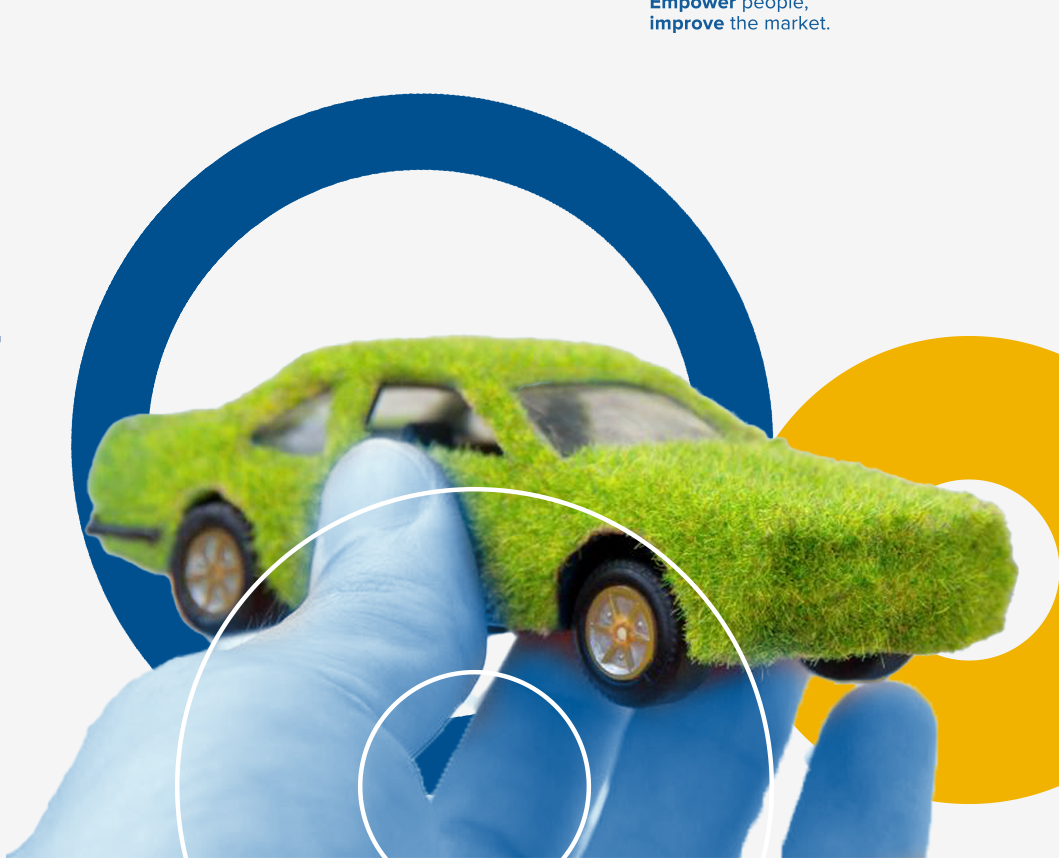This website uses cookies so that we can provide you with the best user experience possible. Cookie information is stored in your browser and performs functions such as recognising you when you return to our website and helping our team to understand which sections of the website you find most interesting and useful.
Car Wars 2: carmakers and a country coalition vs Euro 7

Europe’s car industry has united against the Commission’s Euro 7 proposal to cut non-CO2 emissions across the continent. This comes only a few months’ after Germany’s last-minute attempt to block legislation to ban new combustion engine car sales by 2035 which Euroconsumers covered in March. Germany was unsuccessful that time aside from winning further concessions over the use of e-fuels – they did seem to have started a trend.
It shows again just how challenging it is to shift legacy industries and their national governments in a new direction. Critics and industry feel it’s too much change on too many fronts – others including BEUC know we’re running out of time and that getting to a cleaner, greener future fast has to be a priority. Some suspect protectionism of national industries, which is understandable but which shouldn’t be a block to getting regional cooperation on green transition.
Where does this leave consumers who want to know what to invest in when they next purchase a car? Infighting will muddy the waters and make the sustainable choice more difficult.
Why is the Euro 7 proposal important?
The Euro 7 proposal is about simplifying the current rules for emission limits. Previously cars and vans had different rules and standards to lorries and buses, so the idea is to bring these all under one standard.
Reducing emissions is key, since the Dieselgate scandal was uncovered nearly a decade ago in 2014, Euroconsumers members have been fighting for compensation for consumers. With other European consumer groups we have also been stepping up efforts to curb harmful emissions for both human health and environmental reasons.
The Euro 7 proposal covers emissions from nitrogen oxide and carbon monoxide, and particles that are emitted from brakes and tires. CO2 is still covered in its own separate standard.
The Commission says setting these higher, co-ordinated standards for road vehicles should improve air quality, which in turn helps people’s health and the environment. It also wants to improve the durability of EV batteries, to keep them in use for as long as possible.
It also aims to bring in much more accurate testing of emissions levels so that the final rating reflects real life driving conditions. Euroconsumers welcomes as it is this type of meaningful information that consumers need to make the choices that will reward companies committed to cleaner, greener transport.
But it could go further, as part of the Green NCAP consortium, our members in Belgium, Spain, Portugal and Italy have also been involved in developing a testing methodology which includes a wider range of conditions to make testing conditions even more realistic.
Other parts of Euro 7 could also be much more ambitious – although the use of electric vehicles is growing, petrol and diesel cars will be in production for another 12 years and on the road for much longer. We need much stricter controls on the noxious pollutants they emit.
Fronts open up in the latest battle of the Car Wars
All of this may sound very sensible, but it has been met by a backlash from an allied car industry and a supporting group of member states who all want the legislation to be significantly scaled back.
The eight countries opposing the legislation are Bulgaria, the Czech Republic, France, Hungary, Italy, Poland, Romania and Slovakia who mostly all have significant auto industries or have large parts of their workforce employed by them. Significantly, the number eight is enough to act as a veto in the council and slow, weaken or even stop the legislation passing.
The alliance (which also includes a lead rapporteur who is skeptical of Euro 7) has so far called for a delay of two years, weakening of the testing requirements and for higher levels of pollutants to be allowed.
Euroconsumers’ is concerned with what consumers will make of all this. Clear communication to people on what is best practice now and what they can expect in the future is crucial if we want to see their buying power shape the changing market. Delays and battles dragging on will remove certainty and could impair decision-making.
Who owns the future?
Both sides are adopting the language of ‘the future’ to make their case. Those anti-Euro 7 voices saying that it will divert resources away from investment in developing electric vehicles and batteries in time for the 2035 ban on cars that emit CO2.
Those in favor including the Commission and environmental NGOs view it as a way to develop a stronger sustainable transport system fit for the future that will improve air quality and ultimately save lives. Our future health depends on a viable planet with a sustainable, minimal-impact transport infrastructure – people are ready for it, so it is time for our leaders whether they are in industry or politics to get on board and give us what we want.
The car industry is the biggest industry in Europe, so a strong pushback on any changes is always expected. The EU seems to be under immense pressure to reign in other plans under the Green Deal including action on food and energy. It’s crunch time for environmental regulations that will put the EU on course for the green transition. Businesses and governments regardless of their political and financial goals and not waste time fighting to delay the inevitable.


